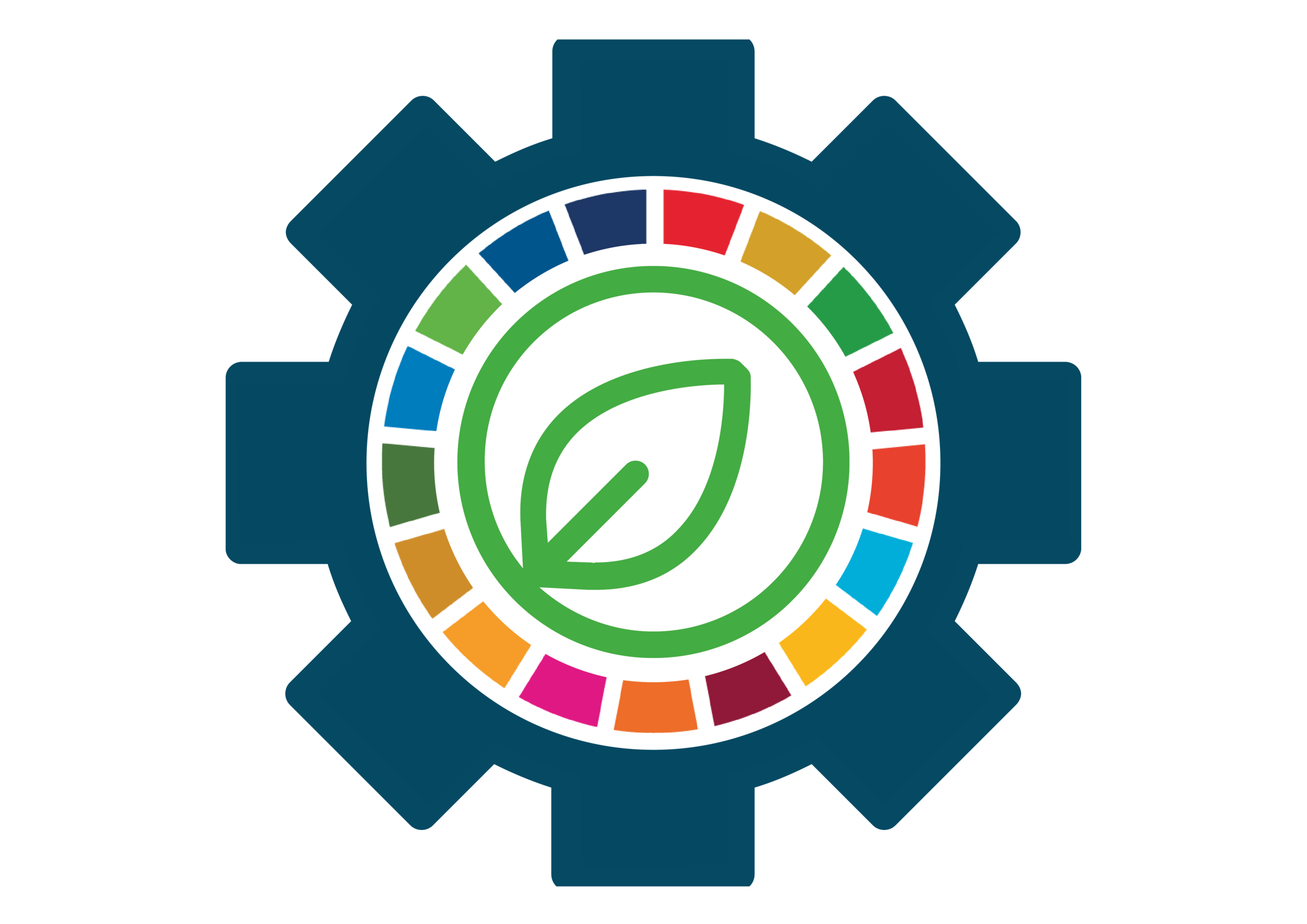The EU's New Biodiversity and Farm to Fork Strategy
On May 20, the European Commission published the new Biodiversity Strategy for 2030 and the Farm to Fork Strategy. In light of the COVID-19 pandemic, it’s clear, now more than ever, what the impacts of the loss of biodiversity and unbalanced food systems are.
The Biodiversity Strategy
In order to restore degraded ecosystems and rapid loss of biodiversity, the new strategy will unlock €20 billion per year. As President Von der Leyen highlighted during the 15th COP on the Convention on Biological Diversity in Paris, the EU will mobilize all its resources to become the global leading force on biodiversity. Focussed mainly on 3 key sectors - construction, agriculture, food and drink - the Commission is planning to:
Increase the involvement of businesses on biodiversity through a European Business for Biodiversity movement and the improvement of the quality and scope of non-financial disclosures on biodiversity;
Put forward a new initiative in 2021 on sustainable corporate governance, that will address human rights and environmental duty of care and due diligence across economic value chains;
Adopt a delegated act under the Taxonomy Regulation to establish a common classification of economic activities that substantially contribute to protecting and restoring biodiversity and ecosystems;
Publish a new EU Nature Restoration Plan, cooperating in tandem with the new Farm to Fork Strategy and the new Common Agricultural Policy (CAP).
The Farm to Fork Strategy
In order to restore a robust and resilient food system the Farm To Fork Strategy proposes:
A legislative proposal for a framework for a sustainable food system before the end of 2023, that will define principles and requirements for sustainable food systems and foods;
A new Common Agricultural Policy (CAP) that focuses on the Green Deal and aims to help farmers to improve their environmental and climate performance through a more results-oriented business model, through the introduction of eco-schemes and a focus on upskilling and reskilling;
The development of an EU Code of conduct for responsible business and marketing practice accompanied with a monitoring framework, to reduce packaging and reformulate food products;
An initiative to improve the corporate governance framework, including a requirement for the food industry to integrate sustainability into corporate strategies, scaling-up and promoting sustainable and socially responsible production methods and circular business models in food processing and retail;
The development of Green Alliances on sustainable food systems with all its partners in bilateral, regional and multilateral for a, including cooperation with Africa.
While the European Commission is proposing these new strategies, now it is time for companies to act and do their part. It is in this context that CSR Europe is calling on businesses and industry federations across Europe to join the European Pact for Sustainable Industry to scale-up their sustainability efforts.
With the Pact, we want to initiate a pan-European movement, at local and international level to invigorate leadership and engagement towards a Sustainable Europe 2030. Time has come for all enterprises to join forces with their industry federations to transition towards circular production and consumption patterns by engaging the entire value chain – balancing economy, biodiversity and societal needs in order to maximize value creation to society.












